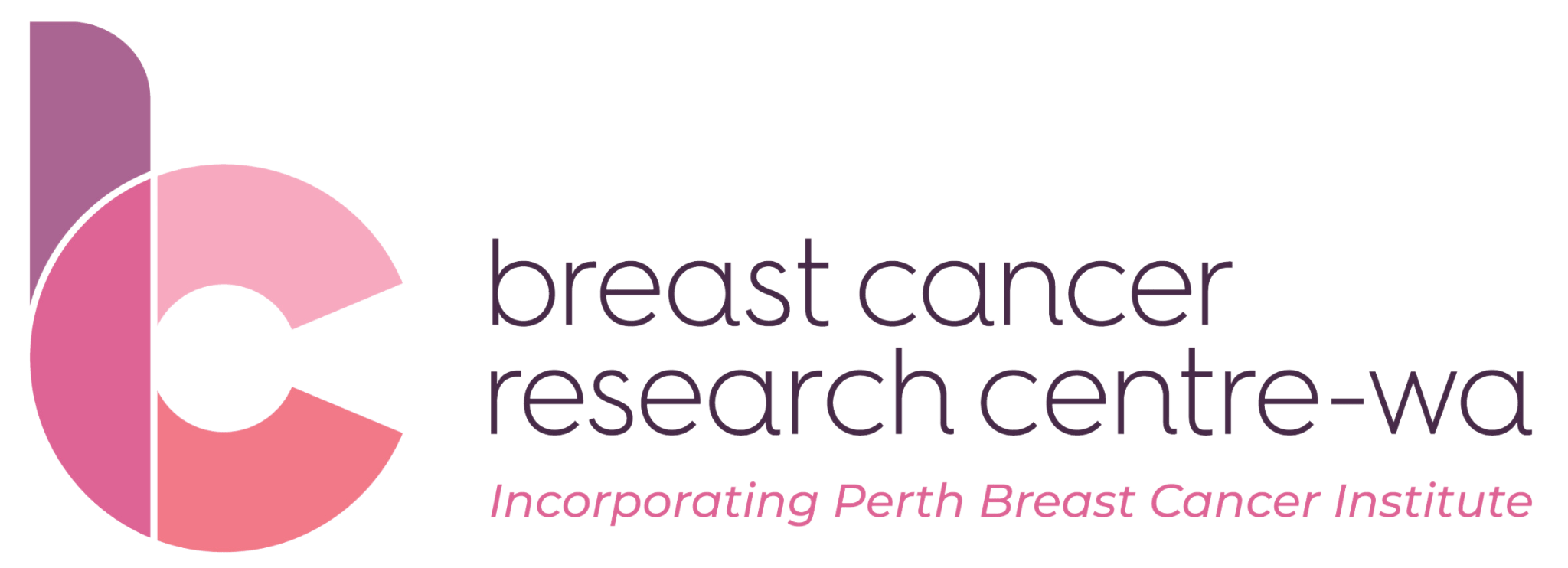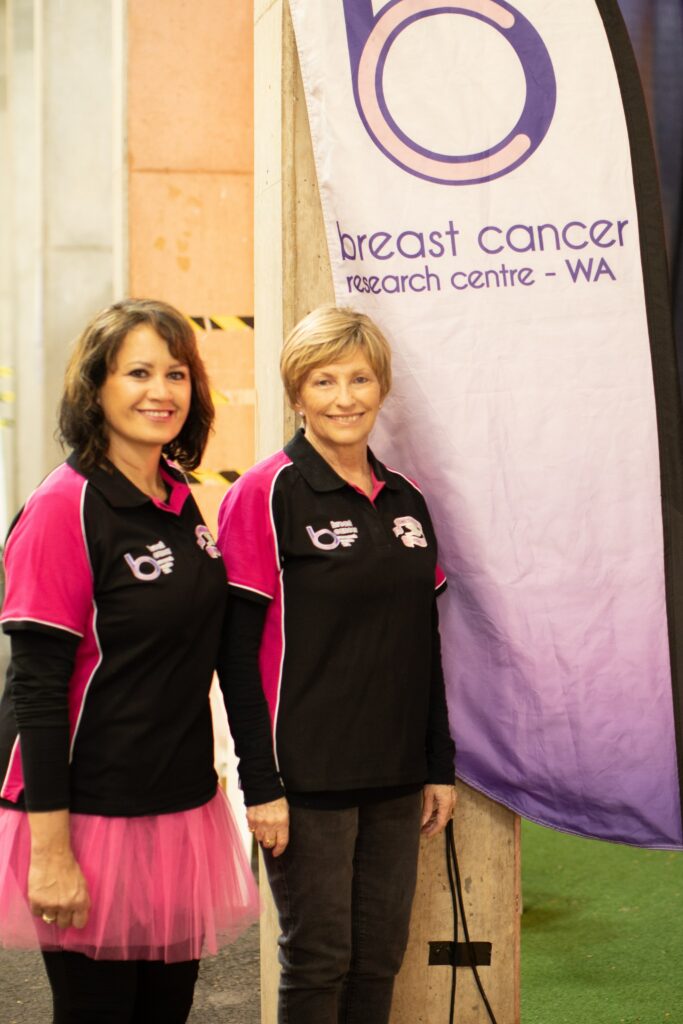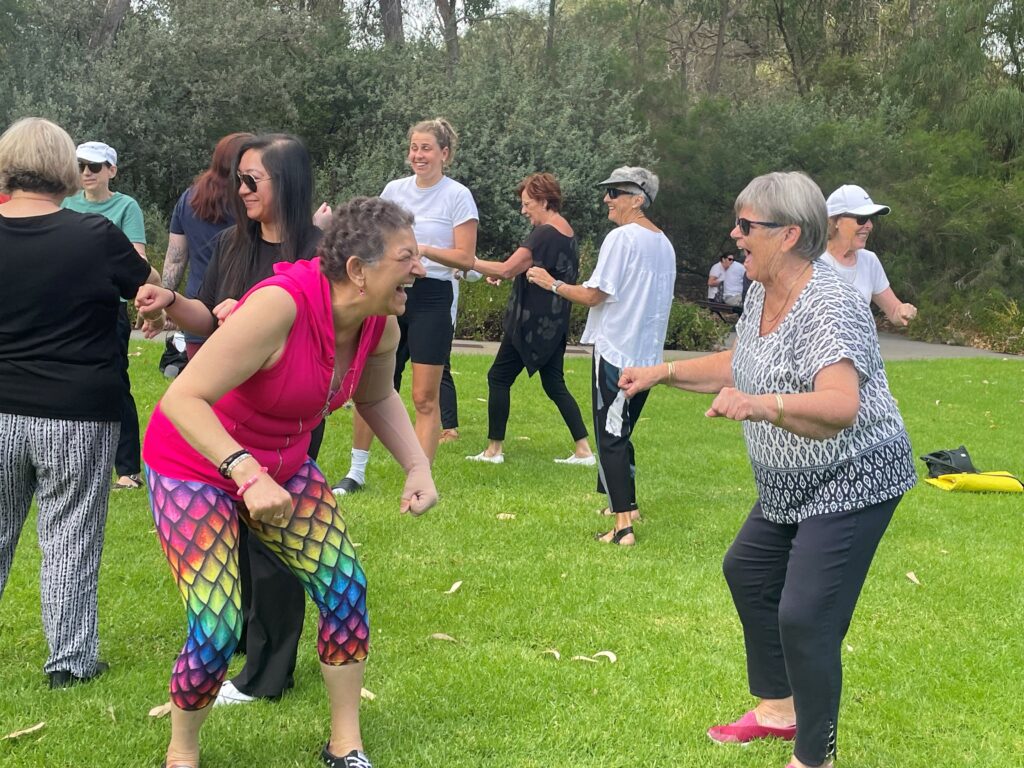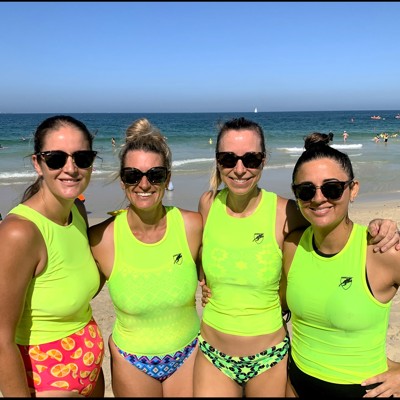We’re working to reshape
the future of breast cancer
The Breast Cancer Research Centre – WA is a clinician-led organisation offering treatment, clinical trials and research, patient education and support services. Our programs and services are initiated by the very people who treat our breast cancer patients every day.






Your Team
Consulting at the rooms of Breast Cancer Research Centre – WA, researchers, oncologists, surgeons, nurses and specialist support providers come together to deliver high-quality support and the latest in breast cancer treatment.






